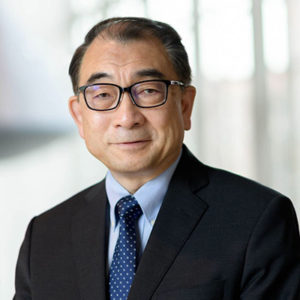Many devices are exposed to environments that generate high heat fluxes so that cooling is needed to ensure material temperatures stay within acceptable limits for reliable operations. Examples include electronics, hypersonic vehicles, and gas turbines. For a gas turbine, its efficiency increases with the temperature of the gas entering its turbine component. For aircraft, the desired turbine inlet temperature is 2000 oC, but the best nickel-based superalloy can only handle about 1000 oC sustained temperature if structural integrity is to be maintained. Thus, all parts of the turbine material exposed to the hot gases must be cooled by internal and/or film-cooling.

In this talk, some of the challenges and opportunities in experimental and computational studies of internal and film cooling used in thermal management are described. These include why transient methods for measuring the heat-transfer coefficient (HTC) may not work; why current methods for measuring and computing the adiabatic wall temperature can lead to large errors in the HTC; why some measurements made in the lab do not scale to operating conditions; how to incorporate high-fidelity results from detailed measurements and CFD can be incorporated into reduced-order models for preliminary design.
Tom I-P. Shih is a professor of aeronautics and astronautics (head of the School of Aeronautics and Astronautics, 2009-19) and professor, by courtesy, of mechanical engineering at Purdue University.
He is also the editor-in-chief of the AIAA Journal, a member of NASA Advisory Council – Aeronautics Committee, and chairs AIAA’s Committee on Higher Education. Prior to joining Purdue, he served as a mechanical engineer at NASA Lewis (now Glenn) Research Center and as a faculty member at the University of Florida, Carnegie Mellon University, Michigan State University, and Iowa State University (chair, Department of Aerospace Engineering, 2003-06).
His research interests are in computational fluid mechanics, gas turbine heat transfer, aircraft icing, control of shock-wave/boundary-layer interactions, and thermal management.
He started his undergraduate education at West Virginia University, but completed his B.S. degree at the National Cheng Kung University in Taiwan, and his M.S. and Ph.D. degrees from The University of Michigan in Ann Arbor. He is a fellow of ASME and AIAA and received the 2015 AIAA Energy Systems Award and the 2020 AIAA Thermophysics Award.